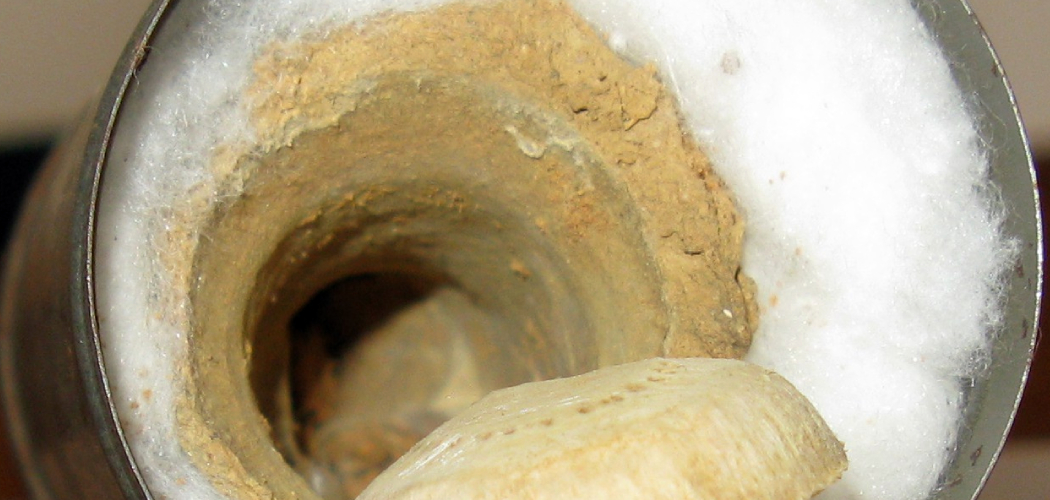Clogged drains caused by grease buildup can be a common and frustrating household issue. Over time, cooking oils, fats, and grease solidify within the pipes, restricting water flow and leading to unpleasant odors. Fortunately, with the right techniques and tools, you can clear the blockage and prevent future problems.
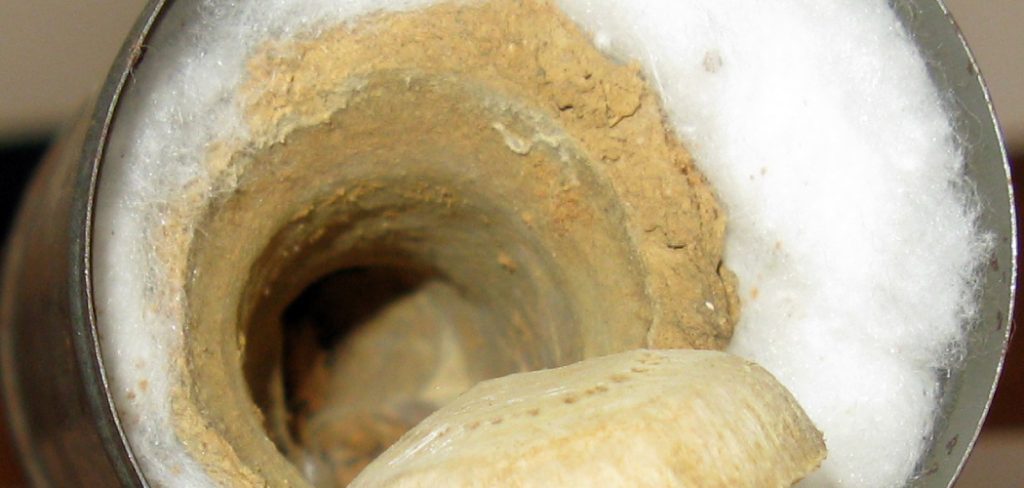
This guide on how to unclog grease in drain will walk you through the steps to safely and effectively unclog grease in your drain.
Why is Grease a Problem in Drains?
Grease is one of the most common causes of clogged drains. When poured down the drain, it may seem like liquid and easily wash away, but as it cools and solidifies, it can create a sticky buildup along the inside of pipes. Over time, this buildup can trap other debris and cause a complete blockage.
In addition to causing clogs, grease also attracts bacteria and creates unpleasant odors. If left untreated, these issues can lead to more serious problems with your plumbing system.
The Do’s and Don’ts of Preventing Grease Buildup
Before we dive into how to unclog grease in drain, it’s important to understand how to prevent future clogs from occurring. Here are some do’s and don’ts to keep in mind when dealing with grease in your drain:
Do:
- Scrape Excess Food and Grease Into the Trash Before Washing Dishes
- Wipe Greasy Pans and Plates With a Paper Towel Before Rinsing Them Off
- Use a Strainer or Stopper Over Your Drain to Catch Food Particles and Debris
- Regularly Pour Boiling Water Down the Drain to Help Dissolve Any Small Buildup of Grease
Don’t:
- Pour Oil, Fats, or Grease Down the Drain
- Use Hot Water to Try and Wash Away Grease – It Will Only Make It Worse as It Cools and Solidifies
- Use Harsh Chemicals to Unclog the Drain – They Can Damage Pipes and Harm the Environment
- Ignore Draining Sinks or Unpleasant Odors – These Are Signs of a Potential Clog and Should Be Addressed Immediately.
Things to Consider:
- Make sure to properly dispose of cooking oil, fats, and grease in a sealed container and throw it in the trash.
- Consider using natural or environmentally friendly alternatives to harsh chemicals when unclogging drains.
- Regularly clean your sink and drain to prevent buildup from occurring.
8 Simple Step-by-step Guidelines on How to Unclog Grease in Drain
Step 1: Boil a Pot of Water
Start by boiling a pot of water. Hot water is a simple yet effective way to help loosen grease buildup within your pipes. Ensure the water reaches a rolling boil to maximize its ability to dissolve any grease residues.
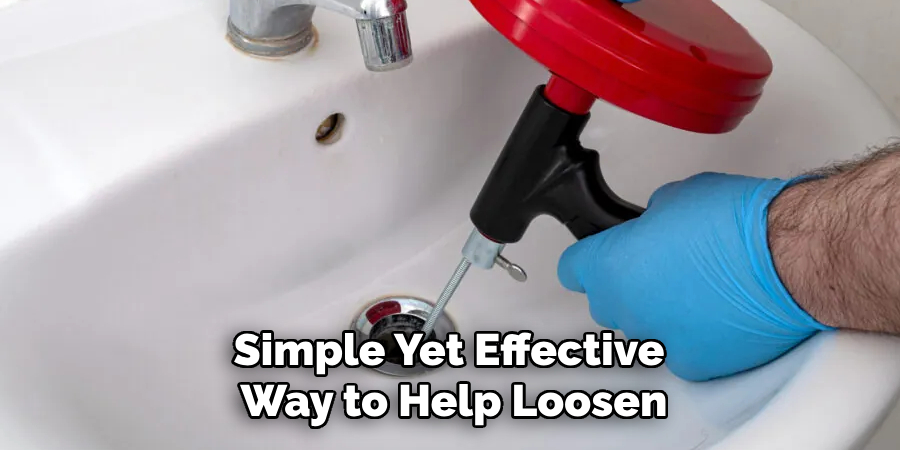
While boiling water alone may not clear a severe clog, it is an excellent first step to begin breaking down the blockage and preparing the drain for further cleaning measures.
Step 2: Prepare the Drain
Before proceeding, remove any standing water from the sink or drain area to ensure the hot water and cleaning solution can reach the blockage effectively. Use a cup or a small container to scoop out the water and dispose of it in a separate sink or bucket.
Next, check if the drain is obstructed by any visible debris or food particles and remove them using gloves or a pair of tongs. This preparation step ensures that the cleaning process will target the grease buildup directly without interference.
Step 3: Add Dish Soap
For this step, you will need a generous amount of gentle dish soap. Pour a cup or two down the drain and let it sit for about five minutes. The dish soap will help break down the grease molecules, making them easier to remove.
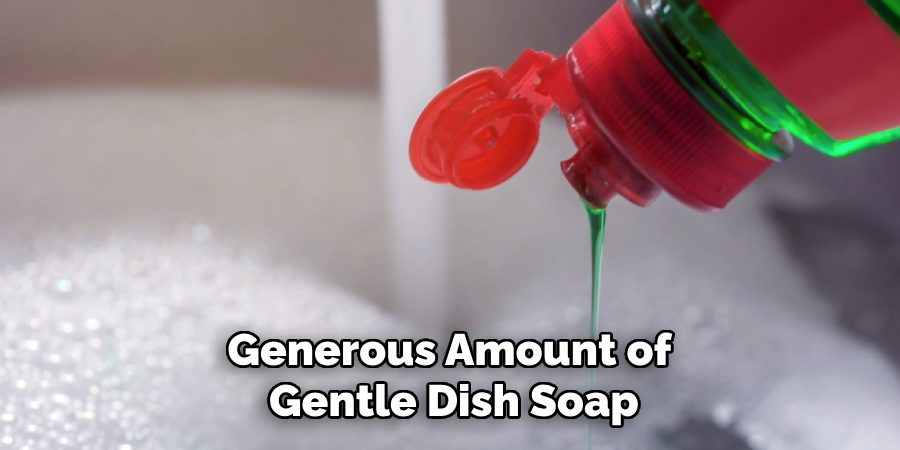
You can also use a biodegradable enzyme cleaner instead of dish soap for more potent and eco-friendly results.
Step 4: Pour the Boiling Water
Carefully pour the boiling water down the drain, ensuring it reaches all areas of the pipe. The hot water will activate the dish soap and help dissolve any remaining grease buildup.
Use caution while handling boiling water to prevent burns or splashing.
Step 5: Create a Homemade Drain Cleaner
If the blockage persists, you may need to create a homemade drain cleaner using baking soda and vinegar. These two ingredients react when combined, creating a bubbling reaction that can help break down clogs.
Start by pouring half a cup of baking soda down the drain, followed by half a cup of vinegar. Cover the drain with a plug or cloth to prevent the mixture from bubbling up and leave it to sit for about 30 minutes.
Step 6: Use a Plunger
If the homemade drain cleaner does not clear the clog, try using a plunger. Fill the sink partially with water and place the plunger over the drain, creating an airtight seal. Push and pull on the plunger in short, quick motions to create suction that can dislodge any remaining grease buildup.
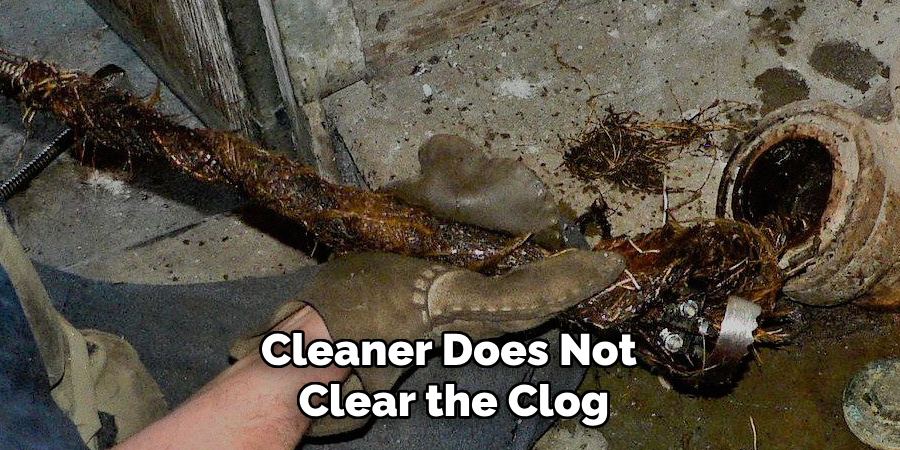
Repeat this step several times if necessary until you feel the clog loosen and the water starts draining freely.
Step 7: Snake the Drain
If the plunger method doesn’t work, you may need to use a plumbing snake or auger to clear the blockage manually. Insert the end of the snake into the drain and turn it clockwise while pushing it further down the pipe.
Once you feel resistance, rotate the snake back and forth to help dislodge any debris or grease buildup. Continue snaking until you can push it through freely, indicating that the clog is cleared.
Step 8: Rinse with Hot Water
After successfully clearing the clog using a plunger or a plumbing snake, finish the process by thoroughly rinsing the drain with hot water. Slowly pour another pot of boiling water down the drain to flush away any remaining grease, soap, or debris.
This final step helps ensure your pipes are completely clean and free from residue that could potentially cause future clogs. Repeat this rinsing process twice if necessary to ensure the drain is flowing smoothly.
Following these simple guidelines on how to unclog grease in drain should effectively clear any grease buildup in your drain and help prevent future clogs. Remember to regularly maintain your drains by implementing the do’s and don’ts mentioned earlier to avoid costly plumbing issues down the road. With proper care and maintenance, you can keep your drains running smoothly and avoid dealing with stubborn grease clogs.
Additional Tips for Dealing with Grease
- Consider using a homemade drain cleaner made from equal parts salt, baking soda, and vinegar as a natural alternative to commercial cleaners.
- Use a mesh strainer or a coffee filter over your kitchen sink drain to catch food particles and debris before they go down the pipe.
- For particularly stubborn grease clogs, you may need to call a professional plumber for assistance. Do not attempt to disassemble or fix plumbing issues yourself if you are not trained or experienced in doing so. Safety should always be a top priority when dealing with plumbing systems.
- Regularly clean and maintain your kitchen sink by wiping it down with an all-purpose cleaner after use, especially if you have been cooking with oil or greasy ingredients.
- Avoid using hot water to flush fats, oils, and grease down the drain. These substances can solidify in your pipes when they cool down and cause clogs.
- Consider using a degreasing agent specifically designed for drains to help prevent future buildup of grease. These products can be found at most hardware or home improvement stores.
By following these additional tips and guidelines, you can effectively manage and prevent grease clogs in your drains, keeping them running smoothly and avoiding costly plumbing issues in the long run.
Frequently Asked Questions
Q: Can I Use a Chemical Drain Cleaner Instead of Natural Methods?
A: While chemical drain cleaners may provide quick results, they can be harmful to your plumbing and the environment. It’s best to opt for natural methods or consult a professional plumber if necessary.
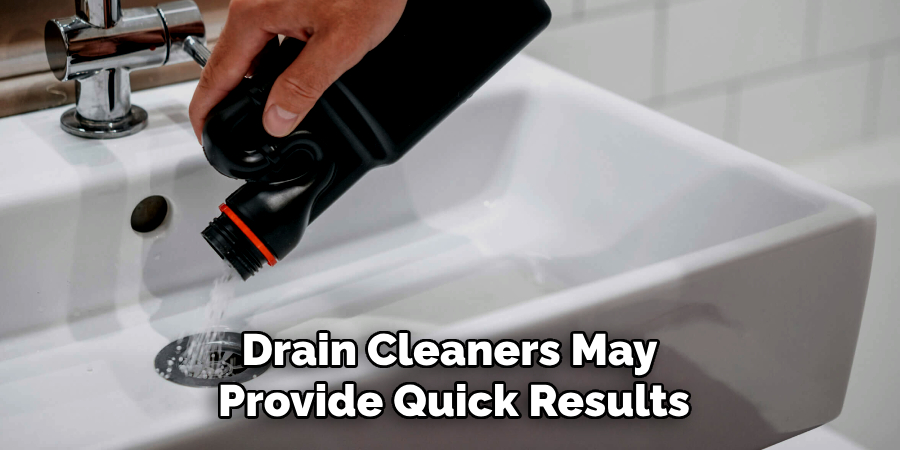
Q: How Often Should I Clean My Drains to Prevent Grease Clogs?
A: It’s recommended to clean your drains at least once a month using natural methods or more frequently if you notice slow draining or foul odors coming from your sink.
Q: Can I Pour Hot Water Down the Drain After Cooking with Oil or Greasy Ingredients?
A: No, it’s best to wait for the oil or grease to cool down before disposing of it in the trash bin. Pouring hot water down the drain can cause the grease to solidify and potentially lead to clogs.
Conclusion
Grease clogs in drains can be a recurring problem if not addressed properly, but with the right techniques and regular maintenance, you can keep your plumbing system functioning smoothly. By following the outlined steps and implementing preventive measures like avoiding grease disposal down the drain, using strainers, and cleaning regularly, you can minimize the likelihood of future issues.
When natural methods on how to unclog grease in drain fail, do not hesitate to seek professional help to ensure safety and lasting solutions. Managing grease clogs doesn’t have to be a stressful task—with a little effort and consistency; you can maintain a clean and efficient drainage system in your home.

